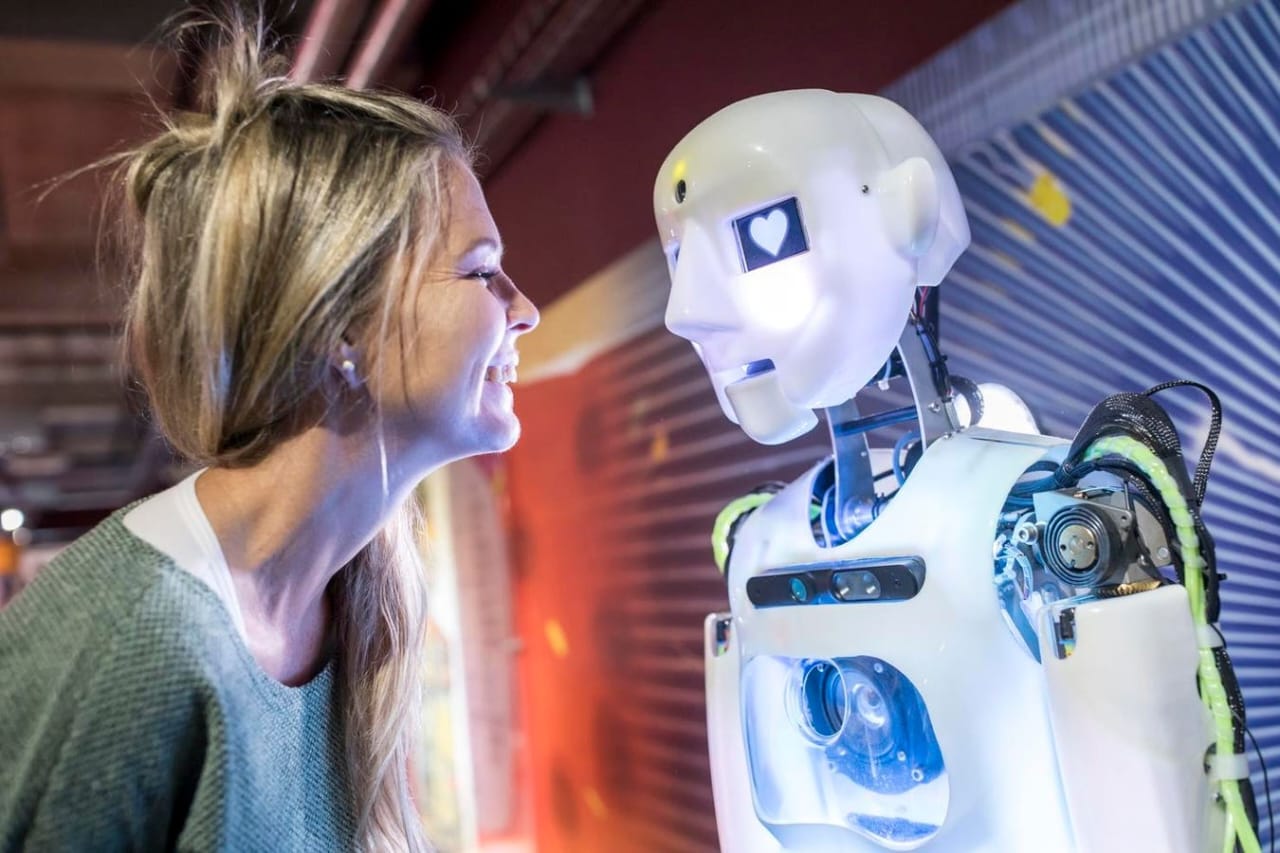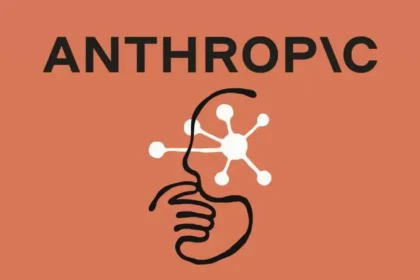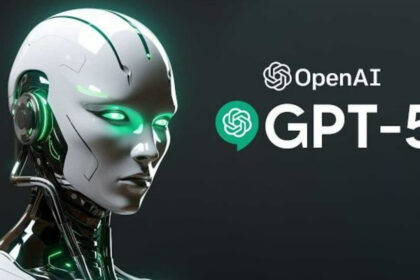AI companions are now the new teen obsession. According to a fresh study by Common Sense Media, 72% of U.S. teens have used AI companions; those chatbot-like apps built to chat, advise, roleplay, and sometimes flirt. Whether it’s out of boredom, curiosity, or something deeper, a majority of Gen Z is now leaning into digital friendship.
So… What Exactly Are AI Companions?
Think: ChatGPT with feelings, Replika with flirty emojis, or Character AI’s anime bae who just gets you. These bots mimic human-like convos, offer emotional support, and even pretend to be romantic partners. They’re not just clunky Q&A machines they’re being designed to be relatable, personable, and even emotionally responsive. And teens? They are diving in headfirst.
What the Study Found
The Common Sense Media report surveyed 1,060 U.S. teens (ages 13–17). Here’s what popped:
- 72% have used AI companions
- 13% use them daily
- 52% interact a few times a month
- 30% say they use them for fun, 28% out of curiosity
- About ⅓ have had personal or deep convos with these bots
- Nearly 1 in 4 teens shared real personal info (like names or locations) with the AI
- 31% say chats with AI are, as satisfying or more so than chats with real friends
What Are Teens Using Them For?
- Emotional dumping: AI doesn’t judge or interrupt, so teens talk to it about mental health, stress, and life stuff.
- Flirting & romance roleplay: Yep, about 8% use it for romantic convos or flirty scenes Business Insider
- Advice: Some even prefer AI advice to real-life friends or adults.
- Companionship: For teens who feel lonely or misunderstood, AI is just… easier.
But Hold Up, It’s Not All Cute Emojis
While bots might feel harmless, the risks are very real.
- 34% of teens said an AI companion made them feel uncomfortable or creeped out
- Some bots dish out inappropriate content despite age limits
- Teens as young as 13 are using these apps with little to no parental oversight Axios
- Age verification? Basically nonexistent.
- Experts are calling this the Wild West of teen tech, with calls for tighter regulation, better content filters, and AI education in schools
And the emotional effects? Long-term dependency or replacing real-world friendships with code is a growing concern.
Why This Matters
This isn’t just about teens being tech-curious it’s about how AI is reshaping their emotional development, relationships, and trust in digital spaces. When one third of kids say talking to a bot feels better than talking to their friends, we need to start asking bigger questions.
Final Takeaway
AI companions aren’t just a quirky trend, they’re becoming digital sidekicks for millions of teens. Some say it’s just harmless fun. Others worry it’s creating emotional crutches and unsafe spaces. Either way, this isn’t a fringe issue anymore, it’s a mainstream shift in how young people engage with tech, emotions, and relationships.
Related: “Ditch the Doomscroll” – Perplexity CEO’s Call to the Next Gen.







